African Marmalade: meet the small-scale farmer with big dreams
Entrepreneur Siphiwe left the corporate world to start African Marmalade, where she farms indigenous African produce and inspires other growers to follow her example.
“We want to make African Marmalade the cradle of African crops,” says Siphiwe Sithole, who has a deep-seated commitment to nurturing the land, preserving indigenous agricultural practices, and reviving often overlooked crops from across Africa.
She says her passion for farming goes back to her childhood. “I’m inspired by memories of the food that my maternal great-grandmother and paternal grandmother prepared. Their meals were simple, healthy and loaded with nutrients.”
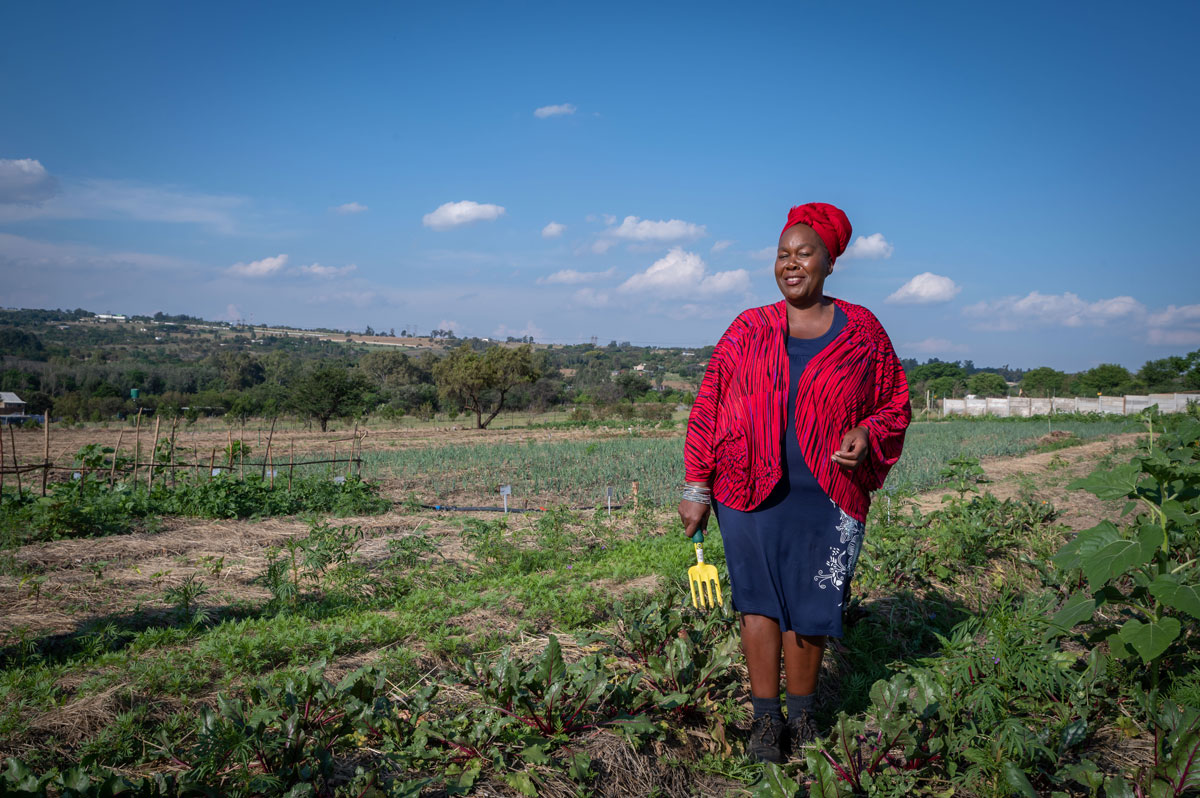
Her travels around the continent also influenced her decision to transition from a corporate career to working in agriculture. “I come from Mpumalanga and have always struggled to find African produce where I live and work.” The absence of these ingredients in retail stores and restaurants presented her with the opportunity to make indigenous crops more accessible, and to empower other farmers to do the same.
Which crops does African Marmalade grow?
The farm produces ancient grains such as finger millet, pearl millet and sorghum. “By cultivating a range of leafy greens, we’re playing a role in improving access to nutrient-dense food,” says Siphiwe. Other crops include cassava, fruit such as the African watermelon and emahala (broad-leafed aloe), cow peas, black-eyed peas, pigeon peas, lablab (hyacinth) beans and bambara nuts. She says versatile sweet potatoes are underrated, and the farm grows white, yellow and orange varieties, as well as the African pumpkin, which is loved for its edible seeds and leaves and flesh.
Cook bambara nuts and pumpkin leaves using these recipes:
Ditloo with spinach and peanut butter
Find the recipe for ditloo with spinach and peanut butter here.
Morogo with butternut
Find the recipe for morogo with butternut here.
What are the benefits of farming indigenous produce?
Many African crops are drought resilient and will even grow in poor soil, allowing growers to produce food under challenging conditions, enabling greater food security. Crops are also mainly grown by small-scale farmers who follow good farming practices, don’t use harmful chemicals, and have a wealth of knowledge about farming in harmony with nature. Siphiwe explains, “We are curators of the soil. We plant what grows easily in an area and always strive to restore some of the lost indigenous plants in every space where we work.”
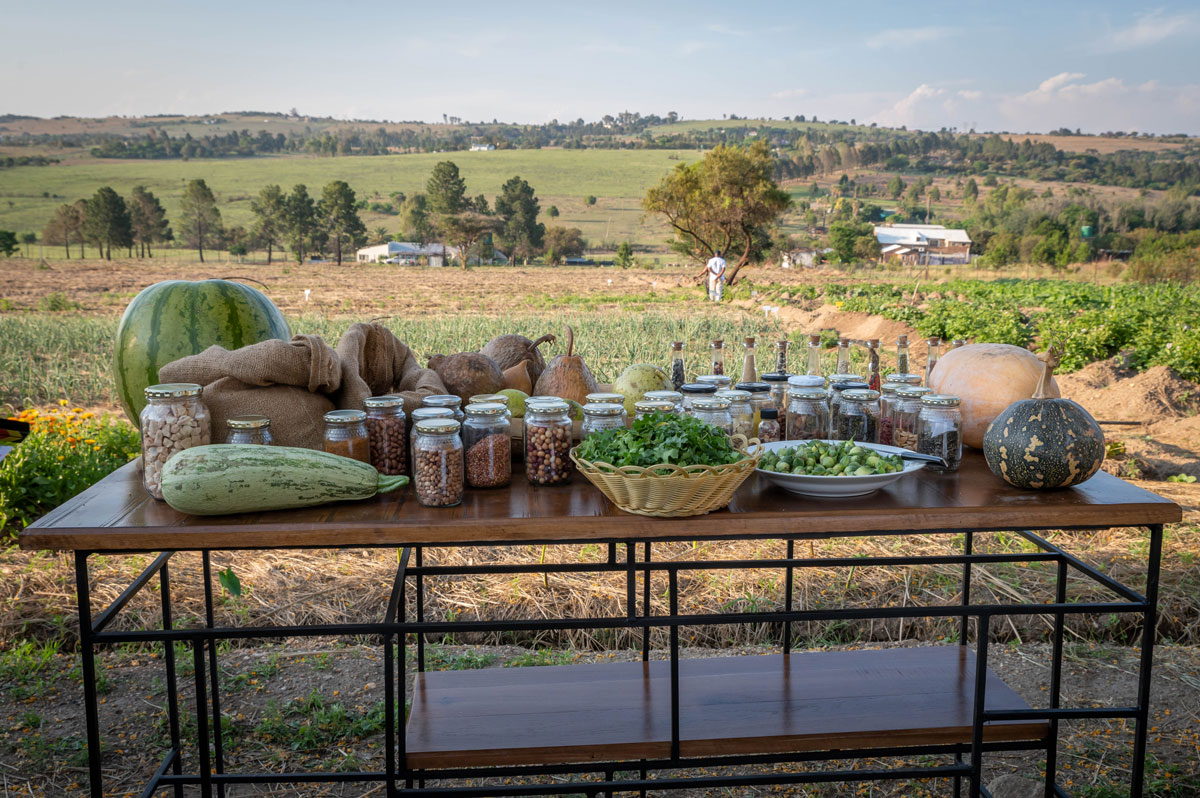
Are there any big challenges?
Apart from challenges such as too little, or sometimes too much, rainfall, Siphiwe says they do not have enough access to land to meet increasing demand. However, they have developed a model of partnering with landowners and those with access to land that is being under-utilised – or not utilised at all. “We supply seeds and provide technical support to ensure a successful harvest. Whoever controls the seed dictates what we eat, so it was necessary for African Marmalade to establish a seed bank to ensure food sovereignty for people whose food has long been systematically marginalised.”
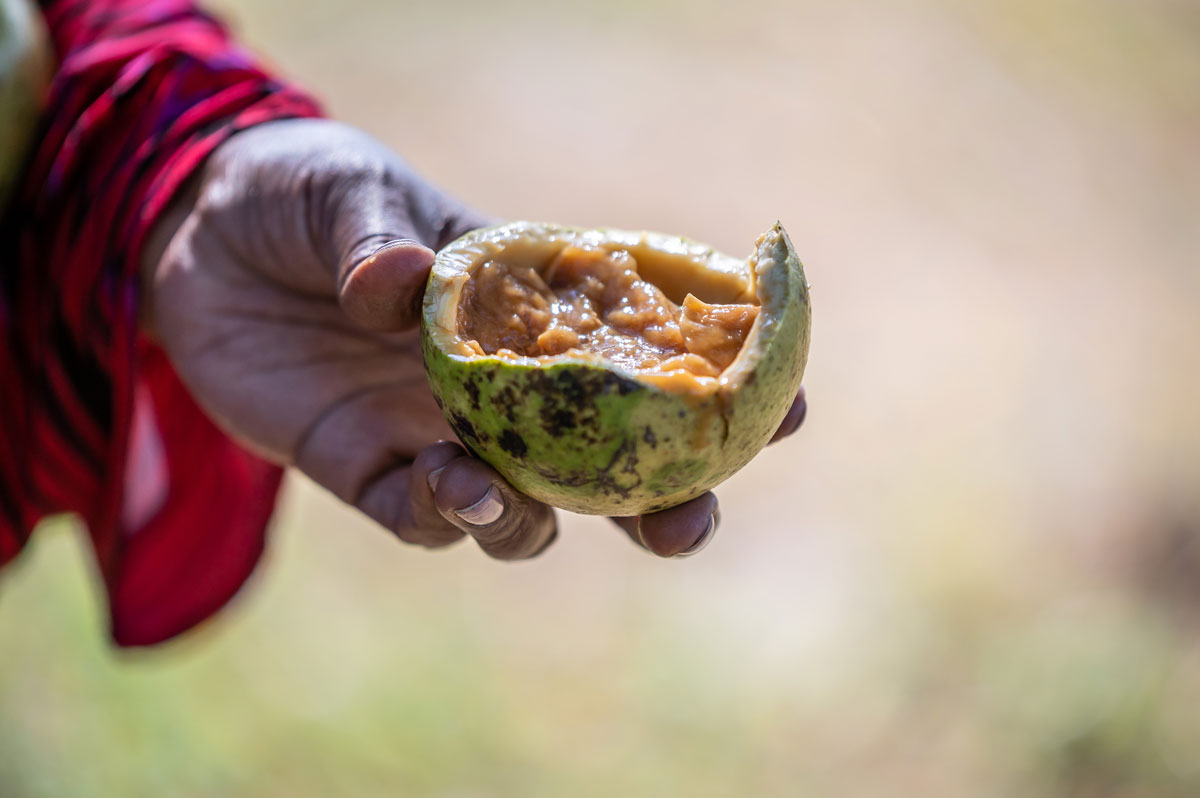
How can chefs support small-scale farmers?
Siphiwe feels strongly that the culinary industry should be a key ally in transforming the food system. “We try to expose as many chefs, agro-processors and culinary schools as possible to indigenous ingredients. We need the new generation of cooks to embrace them. This will increase demand and get more growers involved.”
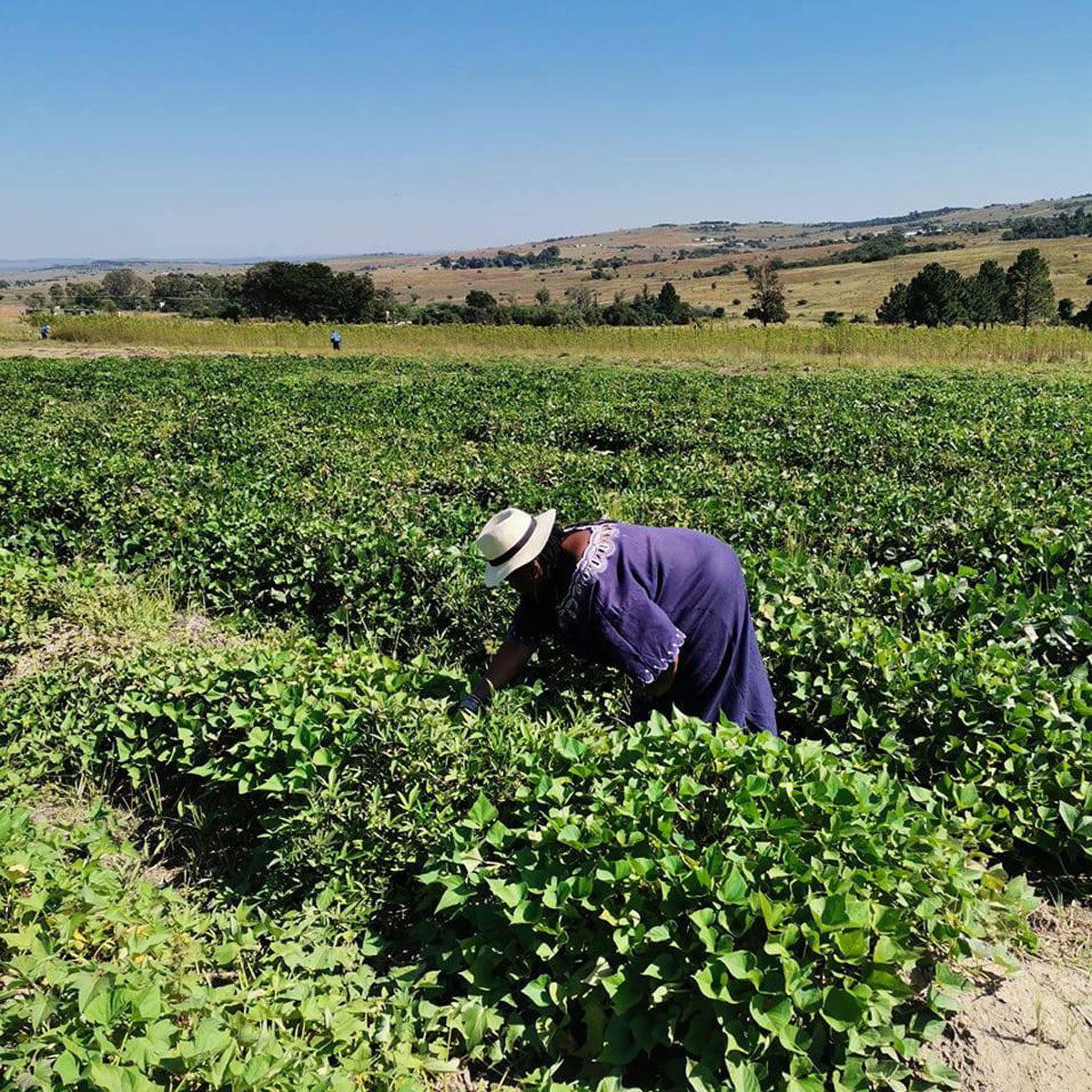
African Marmalade is not just a farm, but a movement dedicated to celebrating indigenous African crops. By blending traditional knowledge with modern practices, Siphiwe is highlighting the crucial role these crops play in promoting food security and cultural heritage, paving the way for a more sustainable future.
Follow African Marmalade on Facebook or @africanmarmalade on Instagram.

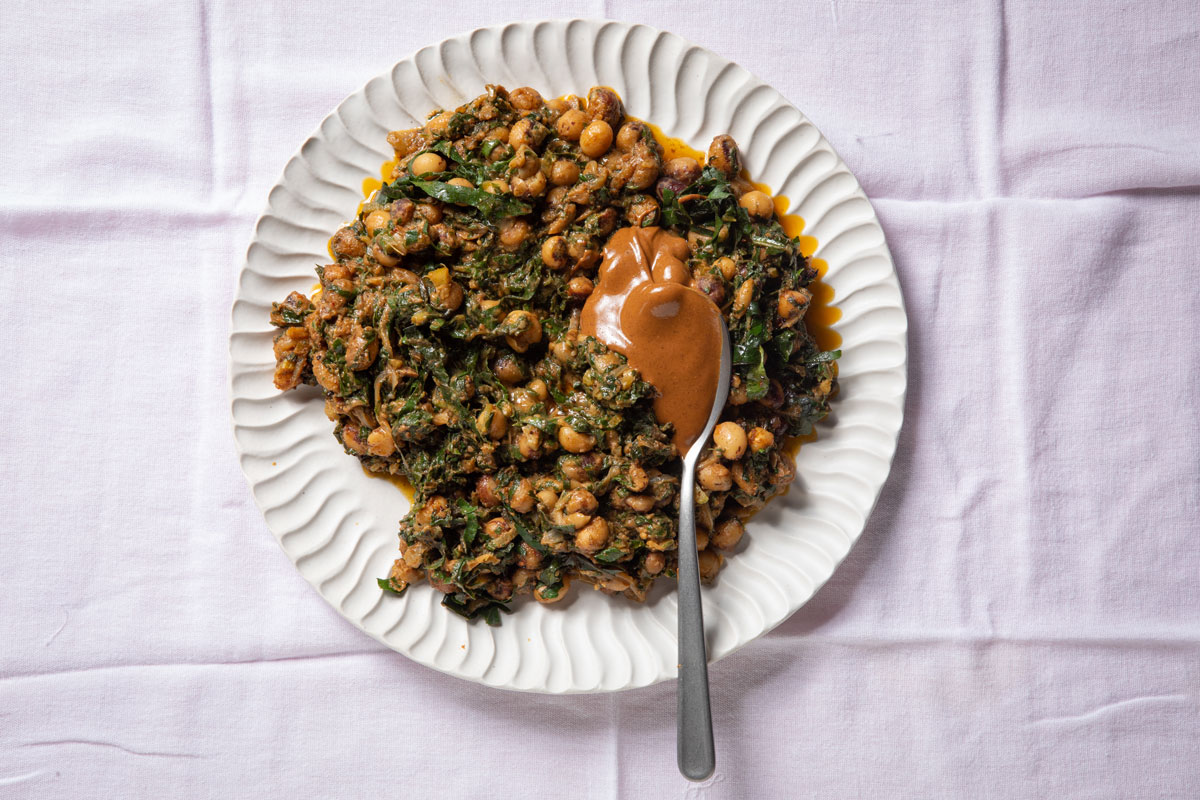
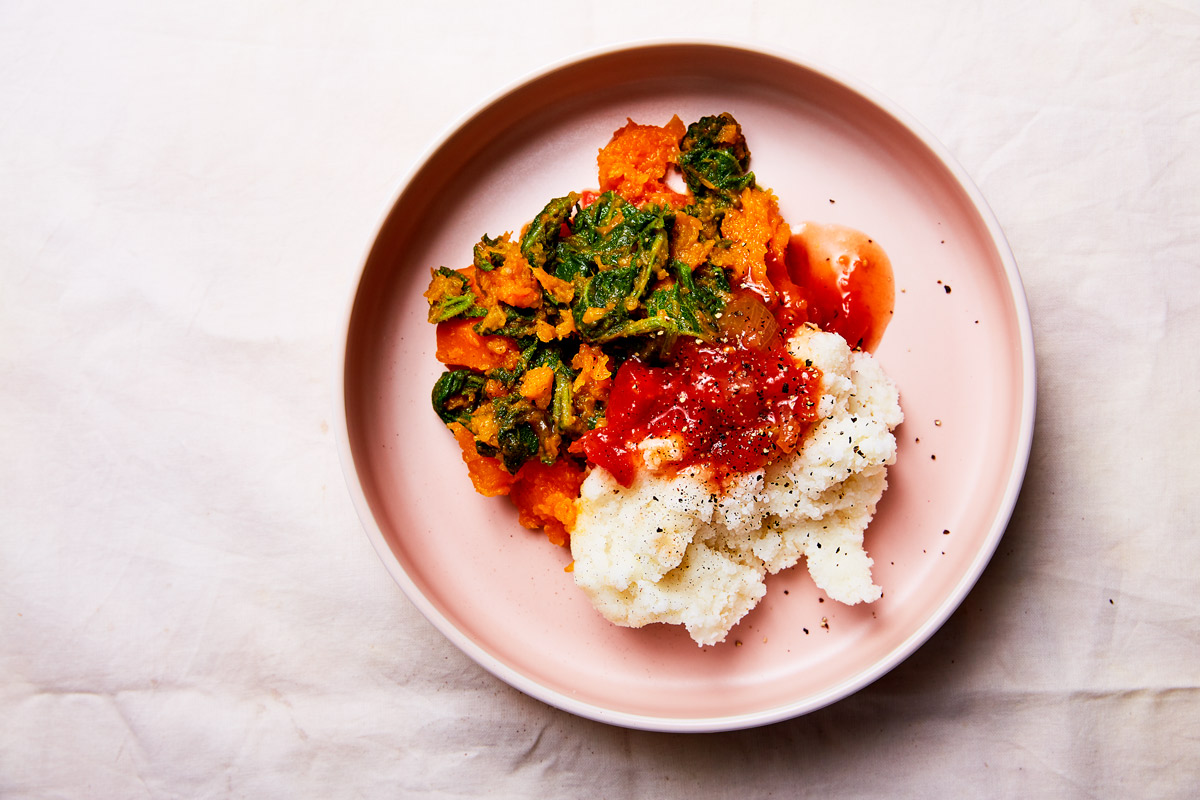


Comments